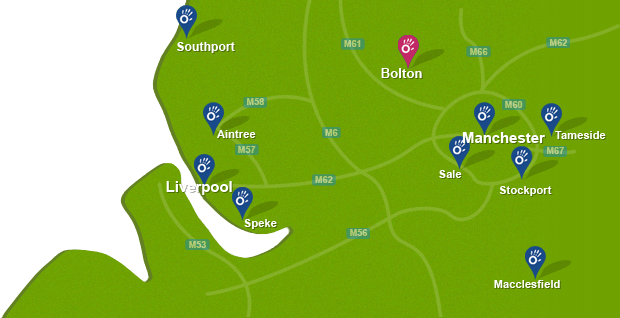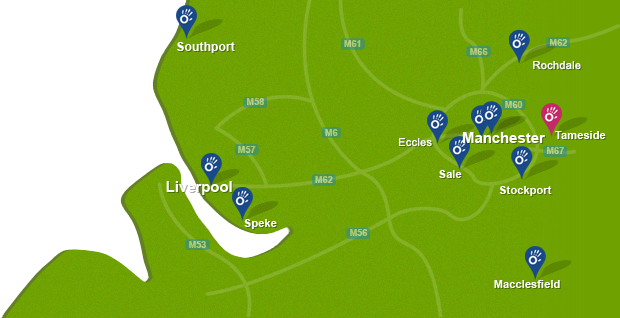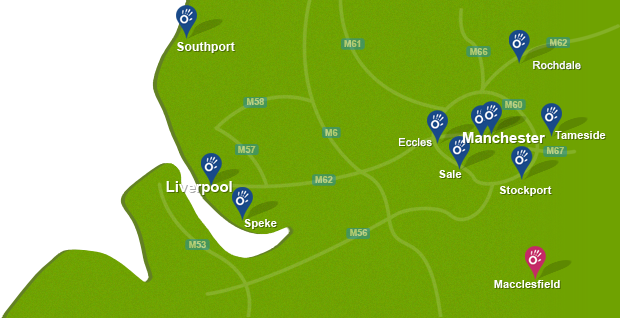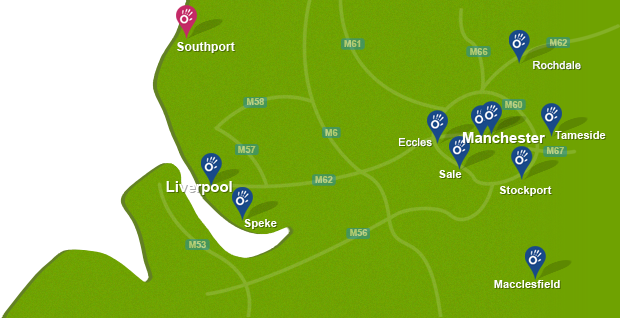What is kyphosis?
Kyphosis is an abnormal curvature of the upper spine which makes the back appear more rounded than usual, causing pain and stiffness.
Kyphosis can affect anyone and is often caused by bad posture or a structural problem with the spine.
 Above: A deeper understanding of your condition will help you understand how to best manage your symptoms.
Above: A deeper understanding of your condition will help you understand how to best manage your symptoms.What causes kyphosis?
Kyphosis can be caused by:
- Poor posture over a long period of time is a common cause of kyphosis. Sustaining a slouched posture for example can cause weakening of the muscles and ligaments in the back and can increase the curvature of the spine.
- A structural problem with the spine. There are several conditions that affect the structure of the spine and may include arthritis, osteoporosis, Scheuermann's kyphosis, fractures of the vertebrae, spondylolisthesis, neurofibromatosis, and spina bifida
- Congenital kyphosis which means that kyphosis is present at birth. This is the least common type of abnormal kyphosis is caused by an abnormal development of the vertebrae in the womb.
 Above: Myofacial release is an effective treatment for the management of long term back problems.
Above: Myofacial release is an effective treatment for the management of long term back problems.What are the effects/symptoms of kyphosis?
Symptoms of kyphosis include:
- Back pain
- Muscle fatigue
- Stiffness in the back
Diagnosis of kyphosis
A doctor or physiotherapist will confirm a diagnosis of kyphosis after taking a thorough subjective history and completing a physical assessment.
Physiotherapy for kyphosis
Physiotherapy treatment will depend on your individual symptoms and the degree of curvature.
In the majority of people with kyphosis, physiotherapy will help to strengthen the supporting muscles of the spine and correct poor posture. In more severe cases or when kyphosis is getting worse quickly, it may be necessary for a spinal brace to be worn to prevent further curvature, or to have spinal surgery.
In these cases, physiotherapy will be involved following your operation to facilitate healing and speed up your recovery.
Physiotherapy will be tailored to you but may include:
- Range of movement exercises for the spine, neck and shoulders to relieve stiffness.
- Passive stretching to increase range and reduce tension.
- Joint mobilisation or manipulation
- Soft tissue massage
- Strengthening exercises for the abdominal muscles and back extensors to stabilise the spine and maximise function.
- Breathing exercises such as diaphragmatic and lateral costal breathing are sometimes taught to reduce stiffness in the ribs.
- Continual postural management. Mirror therapy is often used to increase awareness poor posture and correct it accordingly.
- Ergonomic assessment
 Above: Regular massage can prevent muscle tightning which may lead to pain or discomfort.
Above: Regular massage can prevent muscle tightning which may lead to pain or discomfort.It is important to realise, however, that correction of a kyphotic posture takes time and compliance with physiotherapy is vital for the best possible outcome.
Your physiotherapist at Manchester Physio will advise and support you throughout your rehabilitation program in order to reduce pain and stiffness, increase muscle strength and improve your posture so you can continue with you everyday and sporting tasks to the best of your ability.
For more information about physiotherapy for kyphosis, or to book an appointment please call 0161 883 0077.


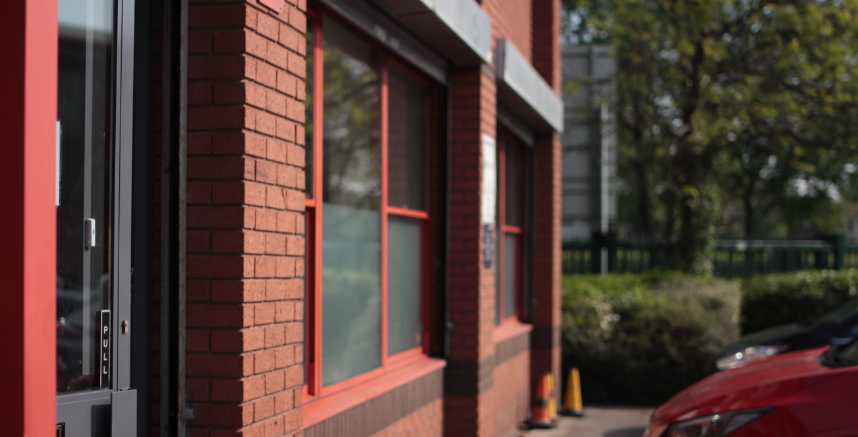
 0161 883 0077
0161 883 0077






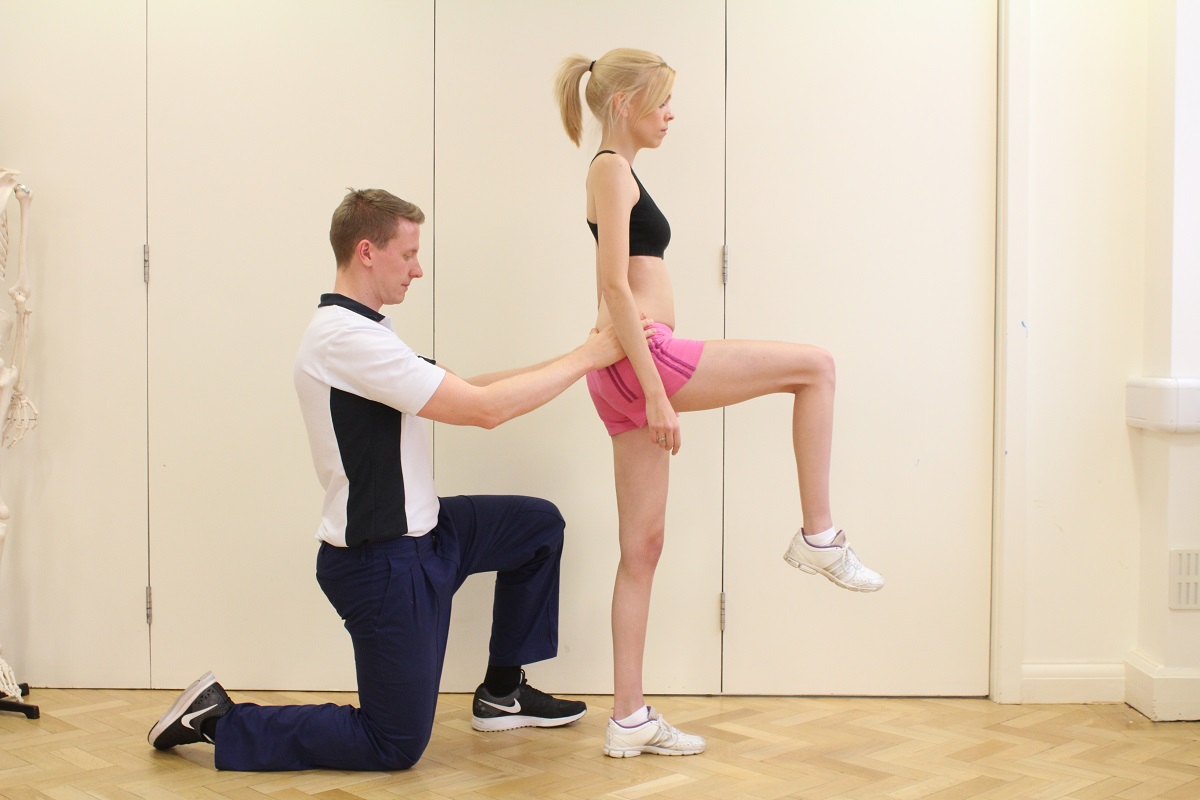
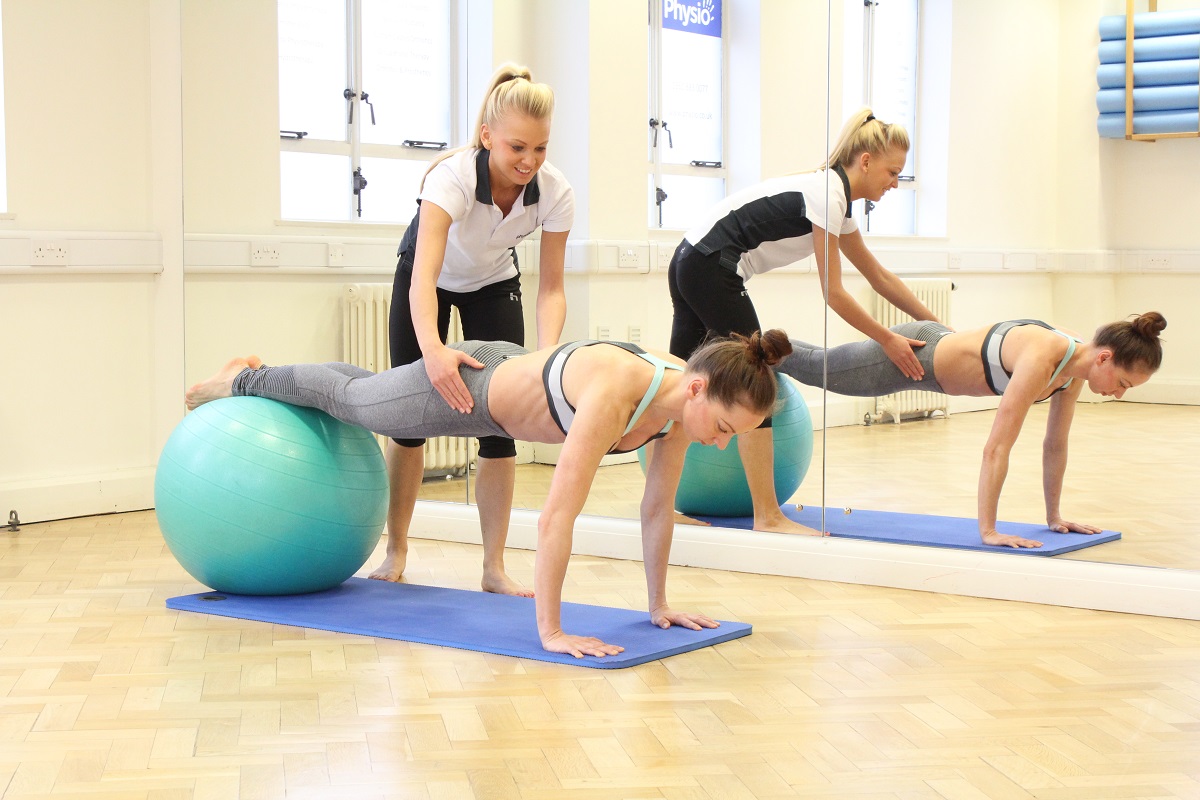
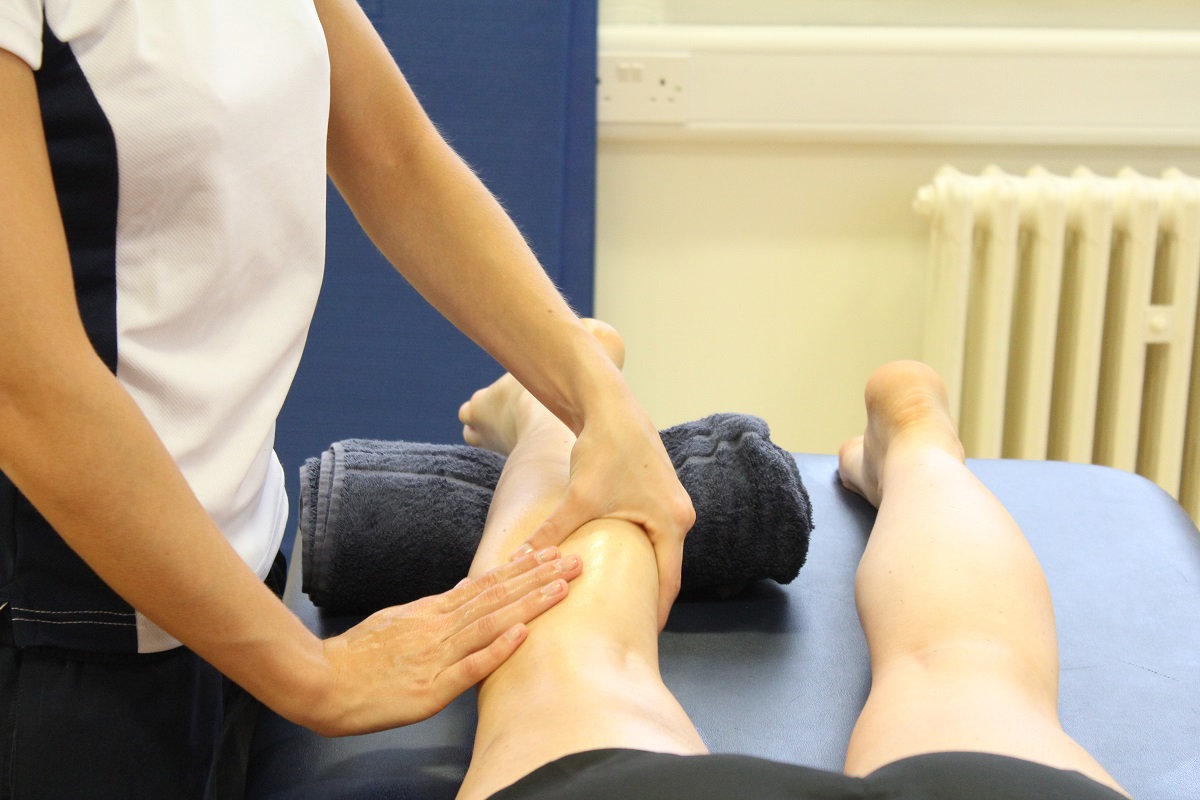
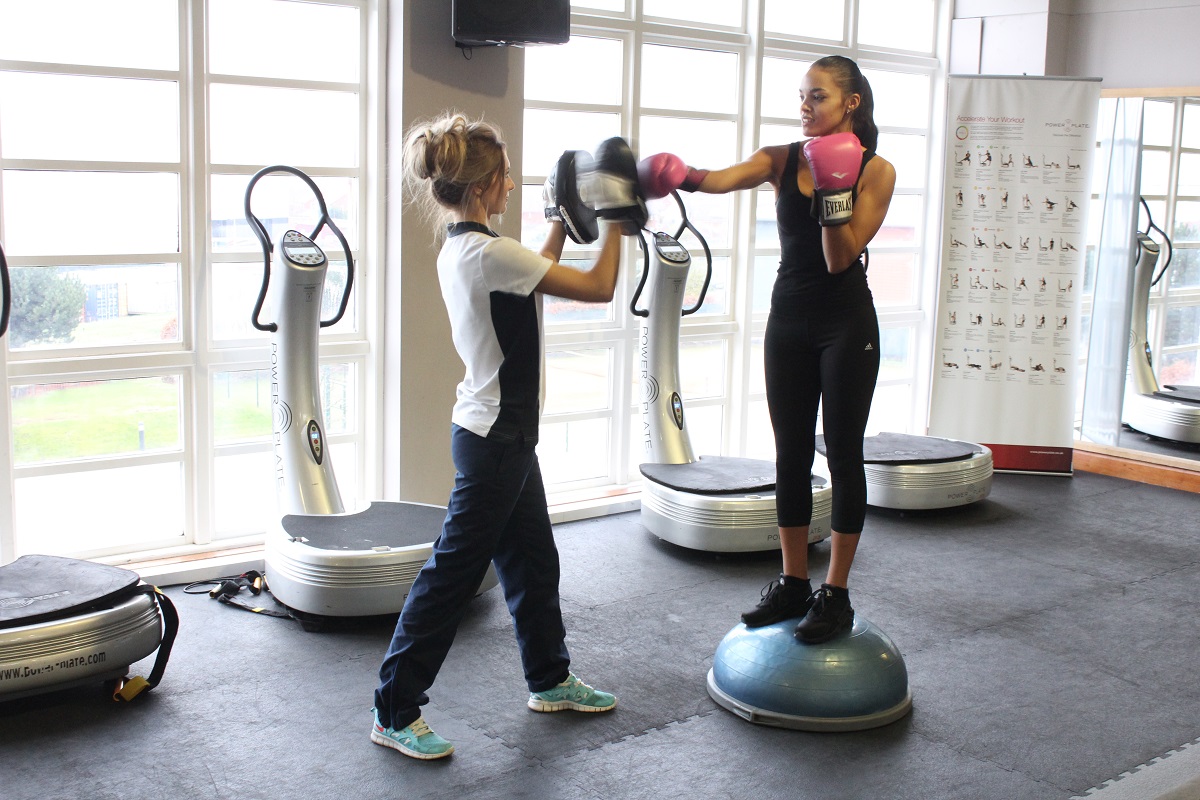


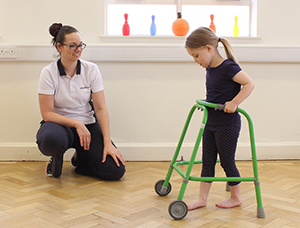
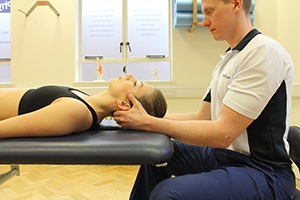






























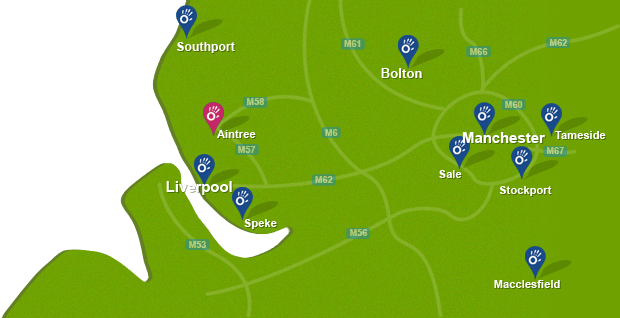

 f
f
